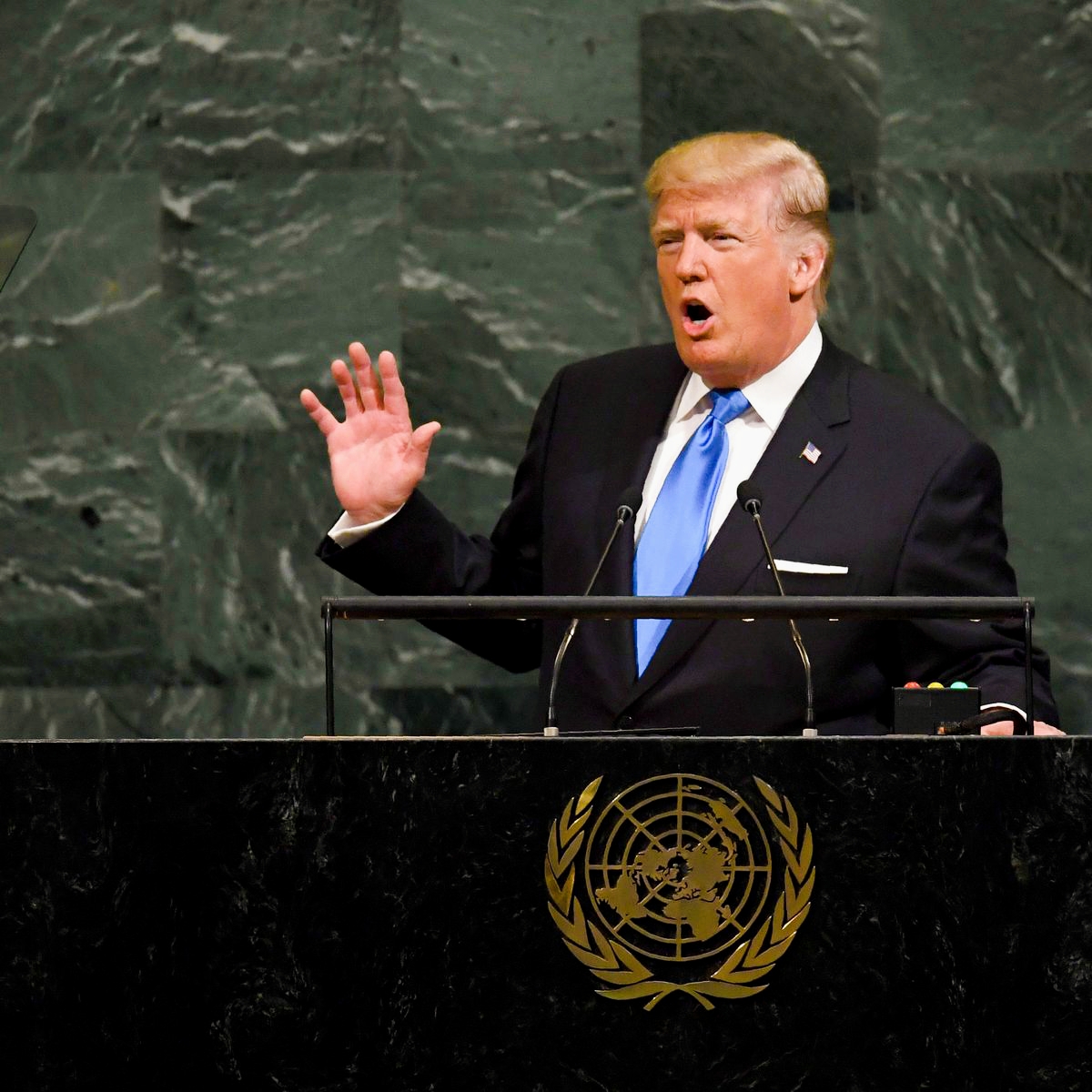In a critical international political moment, U.S. President Donald Trump is set to deliver a highly anticipated speech before the United Nations General Assembly today, Tuesday, as crises rage across the world from Gaza to Ukraine, amid increasing skepticism from world leaders about Washington's commitment to its traditional leadership role in international affairs, under the "America First" policy that Trump continues to uphold since returning to the White House.
* A Shift in Foreign Policy
Since returning to the presidency in January 2025, Trump has completely overturned his country's foreign policy;
he has cut foreign aid and imposed tariffs on both allies and adversaries alike, while opening warmer lines of communication, despite their fluctuations, with Russia.
Despite his attempts to mediate in several major international disputes, his efforts have so far yielded only limited results, deepening doubts about the effectiveness of American leadership.
* Trump the Second Speaker Today
About 150 heads of state or government are expected to deliver their speeches during the General Assembly meetings this week.
Trump will be the second to address the attendees after the session opens, at 13:00 GMT.
* 8 Months into His Second Term... and a Decline in Aid
Trump's speech comes just eight months into his second term, which has been marked by severe cuts in humanitarian aid, raising widespread concerns about the future of the United Nations and its role, prompting Secretary-General Antonio Guterres to take serious steps to reduce expenses and improve the organization's efficiency.
Despite the White House's secrecy regarding the content of the speech, documents reviewed by "Reuters" revealed that the Trump administration intends to call for tightening asylum policies this week, including requiring asylum seekers to submit their applications in the first safe country they enter, rather than choosing their country of asylum themselves, which is a clear retreat from the principles established after World War II.
Trump is expected to hold his first official meeting with Guterres since regaining the presidency.
* Trump: "The United Nations Has Great Potential... But!"
The U.S. president still views the United Nations with caution, describing it as having "great potential," but needing to "organize its affairs."
He continues to criticize the organization for what he sees as inaction in supporting his mediations in various conflicts.
* Palestine Strongly Present... and American Resistance
The General Assembly meetings coincide with the approach of the second anniversary of the outbreak of war between Israel and Hamas on October 7, 2023, which resulted in the deaths of about 1200 Israelis.
Since then, Israel has waged a fierce war in Gaza that has led to the deaths of more than 65,000 Palestinians, according to the health ministry in the sector.
In a notable development, dozens of world leaders gathered yesterday, Monday, to support an international initiative to recognize a Palestinian State, in a historic diplomatic move that faces outright rejection from Israel and its closest ally, the United States.
Israeli Prime Minister Benjamin Netanyahu is expected to deliver his speech before the General Assembly on Friday.
* Joint Saudi-French Statement on the "New York Declaration"
Regionally, Saudi Arabia and France issued a joint statement urging the swift implementation of the "New York Declaration," clearly indicating the need to move towards a fair and comprehensive settlement of the Israeli-Palestinian conflict.
* Ukraine and Russia... Two Anticipated Speeches
Both Ukrainian President Volodymyr Zelensky and Russian Foreign Minister Sergey Lavrov will deliver separate speeches before the assembly, amid the ongoing war between the two countries and the absence of any serious indicators of a near political solution.
Trump is expected to hold a bilateral meeting with Zelensky later today.
* The Global Scene: Questions Without Answers
Amid the decline of Washington's traditional role and the proliferation of burning fronts, the United Nations faces unprecedented challenges, with fundamental questions arising:
Is the United States still capable—or willing—to lead the world? Will Trump's speech today open the door to solutions or further division?

